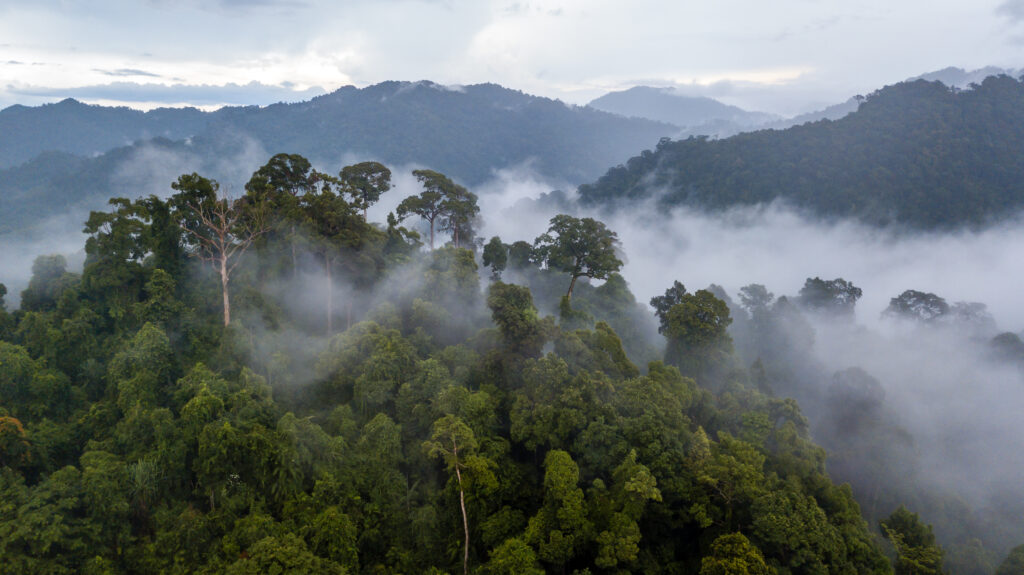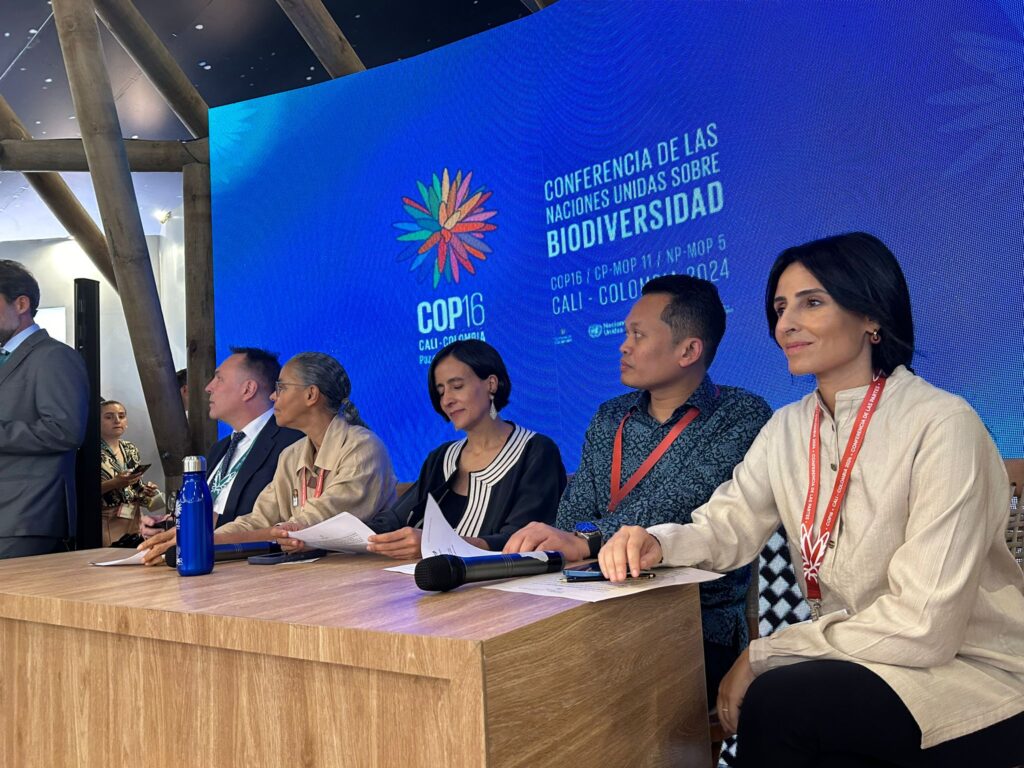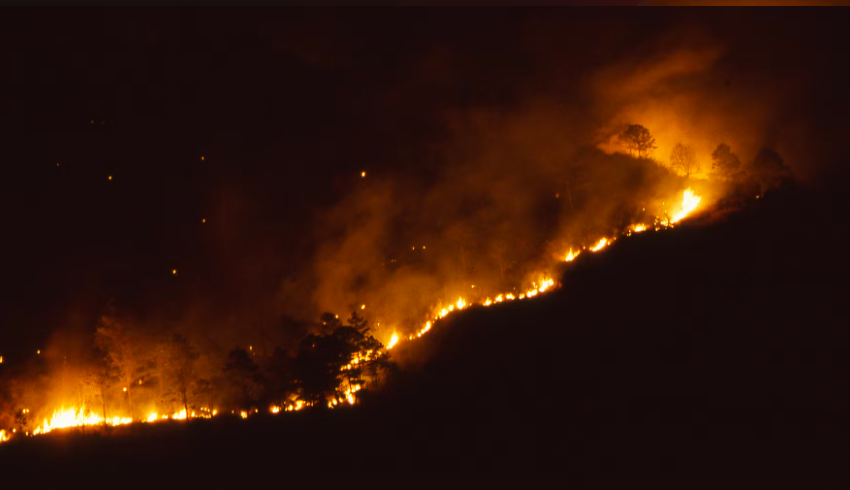Indigenous Peoples in Panama unite for nature
Panama boasts a tropical climate with high temperatures and humidity, creating the perfect conditions for an incredible diversity of plants and animals. The country is home to over 1,500 tree species, making it one of the most biodiverse nations in the world.
Panama’s Forests: Essential for water and livelihoods
Panama’s forests face significant threats from deforestation. These forests, including Indigenous Peoples’ territories, are under pressure from illegal land occupations, cattle ranching, and mining. Such activities jeopardise the country’s vital water supply, which sustains not only local communities but also the Panama Canal — a cornerstone of Panama’s economy.
Despite being one of Latin America’s wealthiest nations, Panama struggles with severe inequality and a large part of its population lives in relative poverty. This disparity is particularly stark among Indigenous Peoples, who make up around 11percent of the population. They are often marginalised economically, politically, socially, and culturally, with their interests largely overlooked by the political system.
An astounding 60 percent of Panama’s forest cover lies within Indigenous territories. However, not all Indigenous Peoples have formal legal recognition of their lands — a critical condition for forest protection. Even though the formal framework is available to recognise their collective rights of land, many Indigenous Peoples’ territories still remain legally unrecognised.
For this reason, Forests of the World supports Indigenous leadership in defending their territories and rights, working alongside trusted allies.
- The video at the top of this page was filmed in Panama with the Emberá People, capturing a gathering around a forest pond.Photo: Morten Rejkjaer.
Forests of the World in Panama
Since 1996, Forests of the World has collaborated with Indigenous Peoples and local communities in Panama to monitor, protect, and conserve forests, defend Indigenous territories, and uphold their rights.
Our work focuses on the territories of the Emberá-Wounaan Peoples, including Ẽjuä So, Ella Drua, and Ella Puru; the Guna People of Gunayala; and smallholder farmers in the Mamoní Valley. The territories and the valley converge in the Dianmayala Mountain Range, the source of seven rivers that supply water to communities, the Panama Canal, and Panama City.
Forests of the World has supported campaigns and laws advocating for land rights, including Panama’s landmark Law 72, passed in 2008. Today, we continue working to ensure Indigenous Peoples can fully exercise their rights under this law, in line with UN standards.
Our recent initiatives in Panama

Protecting forests and water: A new alliance
To counter the threats facing Indigenous Peoples and tropical forests — including those exacerbated by the pandemic — Forests of the World supports the Emberá-Wounaan and Guna People through community organisation, rights training, forest monitoring, and the creation of the Dianmayala Alliance.
This alliance unites the Emberá-Wounaan from Ẽjuä So, Ella Drua, and Ella Puru, the Guna People from Gunayala, and smallholder farmers from the Mamoní Valley. The alliance is supported by the Geoversity Foundation. Together, they protect forests and strengthen the Indigenious Territories.
Rights, Indigenous Peoples, and Climate Change
Since 1996, Forests of the World has worked with local communities and organisations in Panama. In the country, 72 percent of forested areas – equivalent to 600,000 hectares – are located within Indigenous territories, home to approximately 30,000 people. However, many of these communities have yet to gain official recognition of their territories, a crucial step towards safeguarding their forests.
In collaboration with Indigenous organisations in Panama, Forests of the World has contributed to the development and promotion of campaigns advocating for the adoption of a national law that secures their territorial rights.

Forests of the World’s partners in Panama

Fundación Geoversity
The Geoversity Foundation in Panama works to create conservation-focused communities and train biocultural leaders committed to reconnecting humanity with nature. Their programmes and courses are rooted in nature’s principles, promoting environmental protection and the vital role of local communities in conservation.


